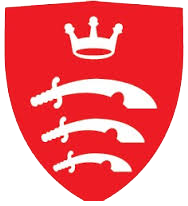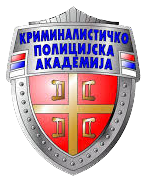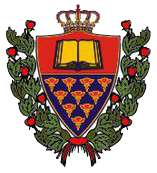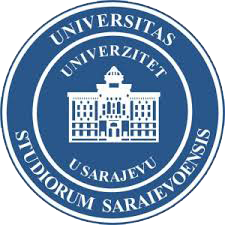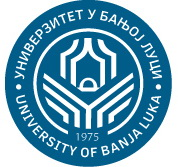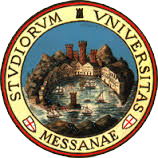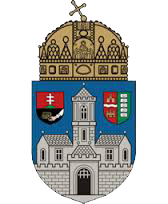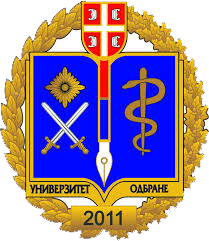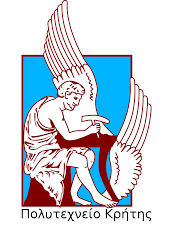Lead partner
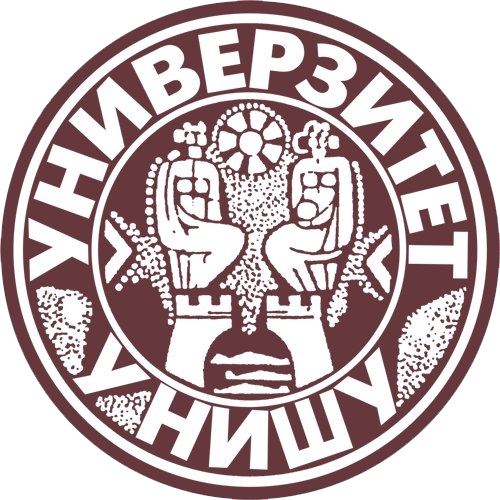
The University of Niš (www.ni.ac.rs) was founded in 1965 as a state HE institution. It is a medium-sized, mature and well developed academic community, comprising 13 faculties: Faculty of Civil Engineering and Architecture, Faculty of Economics, Faculty of Electronic Engineering, Faculty of Arts, Faculty of Law, Faculty of Mechanical Engineering, Faculty of Medicine, Faculty of Occupational Safety, Faculty of Philosophy, Faculty of Physical Culture, Faculty of Science and Mathematics, Faculty of Technology and Faculty of Education. Most of those faculties have composite structure, i.e. various departments, divisions or majors, offering wide and diversified study and research opportunities at both undergraduate and graduate level, including opportunities to obtain a PhD degree. Study programmes are in compliance with the European standards in terms of admission requirements, duration of study, mode of study and acquiring diploma, particularly with regard to the outcome of the study programme, or the students’ competence.The University of Nis has multidisciplinary study programmes, lifelong learning programmes outside the study programme curriculum and professional development and distance learning programmes and supports continual and professional (scientific, research, and professional) general interest activity of its teachers, researchers, teaching assistants, and students, and supports their participation in national and international project activity as well as presentation and publication of the results of scientific activity. It conducts innovation activity with the purpose of creating new products, technology, processes, and services, or significantly altering the existing ones, according to demands of the market. The capacity of UNI to deal with the theme of the project is based on potential of Faculty of Civil Engineering and Architecture, Faculty of Electronic Engineering and Faculty of Occupational Safety in higly qualifield staff in the field of analysis of hydrological hazards, bioclimatic architecture, diagnostics and repairs of construction, GIS,enviromnental safety engineering, fire protection engineeringand emergency management. The University of Nis presently has 28207 students at all levels of studies, 1639 teaching staff and 740 administrative and support staff. UNI has significant experience in international programs such as Tempus, Erasmus, FP6 and FP7. Within the EM ECW program, the University of Nis entered the exchange of students and teaching staff in 2008 as a partner in the Project BASILEUS. In 2011, UNI became a consortium member of the Project EM2STEM. University of Nis also became partner of other Erasmus Mundus programmes, such as SIGMA, ERAWEB, EUROWEB. Currently, the University is involved in the following programs: ERASMUS+, SIGMA Agile, EUROWEB+, ERAWEB and GREEN-TECH. One of the leading principles of the University of Nis is to become a part of the European higher education area and to adjust its plans and programs against this aim, in the context of the reform of higher education system within the EU projects and other programs. By subscribing the Declaration of commitment to the pronciples of the recommendation of the European Commission on the “European Charter for Researchers“ and “The Code of Conduct for the Recruitment of Researchers“ the University of Nis reaffirms its intention to contribute to the advancement of the European Research Area and demonstrates a lasting policy of the University of Nis to be part of the European academic map. The University of Nis was awarded with a special award - Logo for excellence in the area of improving the working conditions of researchers (HR Excellence in Research).
Team: |











